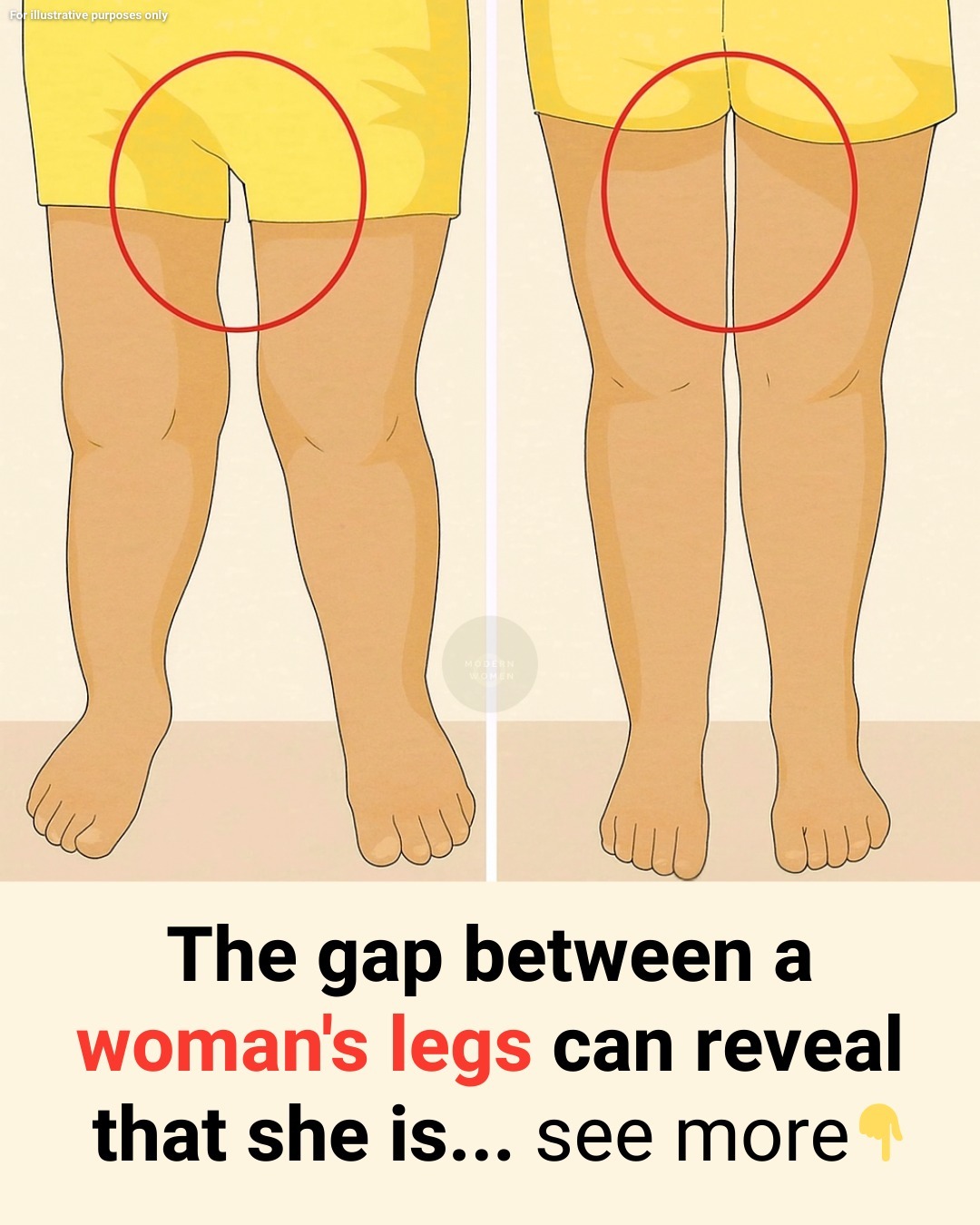Here’s the reality: the thigh gap is not a measure of health, strength, or self-discipline. It’s mostly determined by factors outside your control, including:
Pelvic structure – the width and shape of your hips
Bone orientation – the angle of your femur and leg alignment
Muscle distribution – the way your muscles naturally develop
For illustrative purposes only
Why Most Women Will Never Have One
Even if you eat well, exercise regularly, and maintain a healthy weight, you may never develop a thigh gap—and that’s perfectly normal. According to Dr. Ross Perry, a British health expert, this trait comes down to bone structure. It is not a sign of fitness, beauty, or worth.
Many models and celebrities appear to have this feature, but remember: professional photography, clever posing, and digital editing all play a role. What you see online is rarely the full truth.
The Hidden Dangers of This Trend
The real issue isn’t whether someone has a thigh gap—it’s the pressure to believe everyone should. For younger women especially, chasing this unattainable standard can lead to:
Unhealthy dieting habits
Over-exercising and injuries
Low self-esteem and body dissatisfaction
Instead of celebrating natural diversity, this trend implies only one body shape is “ideal.” The truth is, every body tells its own story—and every body deserves respect.
For illustrative purposes only
Shifting the Focus: What Really Matters
If you’ve ever felt influenced by this type of content, remember: true health and confidence have nothing to do with the space between your legs. Instead, focus on goals that actually empower you:
Building strength and stamina
Improving flexibility and posture
Nurturing mental health and self-esteem
Developing a balanced relationship with food and exercise
When you care for your body with kindness, you’ll not only feel better but also learn to appreciate your unique shape—not for how it compares to a trend, but for what it allows you to do every day.
For illustrative purposes only (WikiHow)
Final Thoughts
There’s no safe or effective method to “create” a thigh gap if your anatomy doesn’t naturally allow it. Inner thigh exercises can build muscle strength, but they won’t change your bone structure.
The healthiest choice is to embrace your natural form. Celebrate strength, energy, and well-being over appearance. Trends will fade, but self-respect and confidence are timeless.
